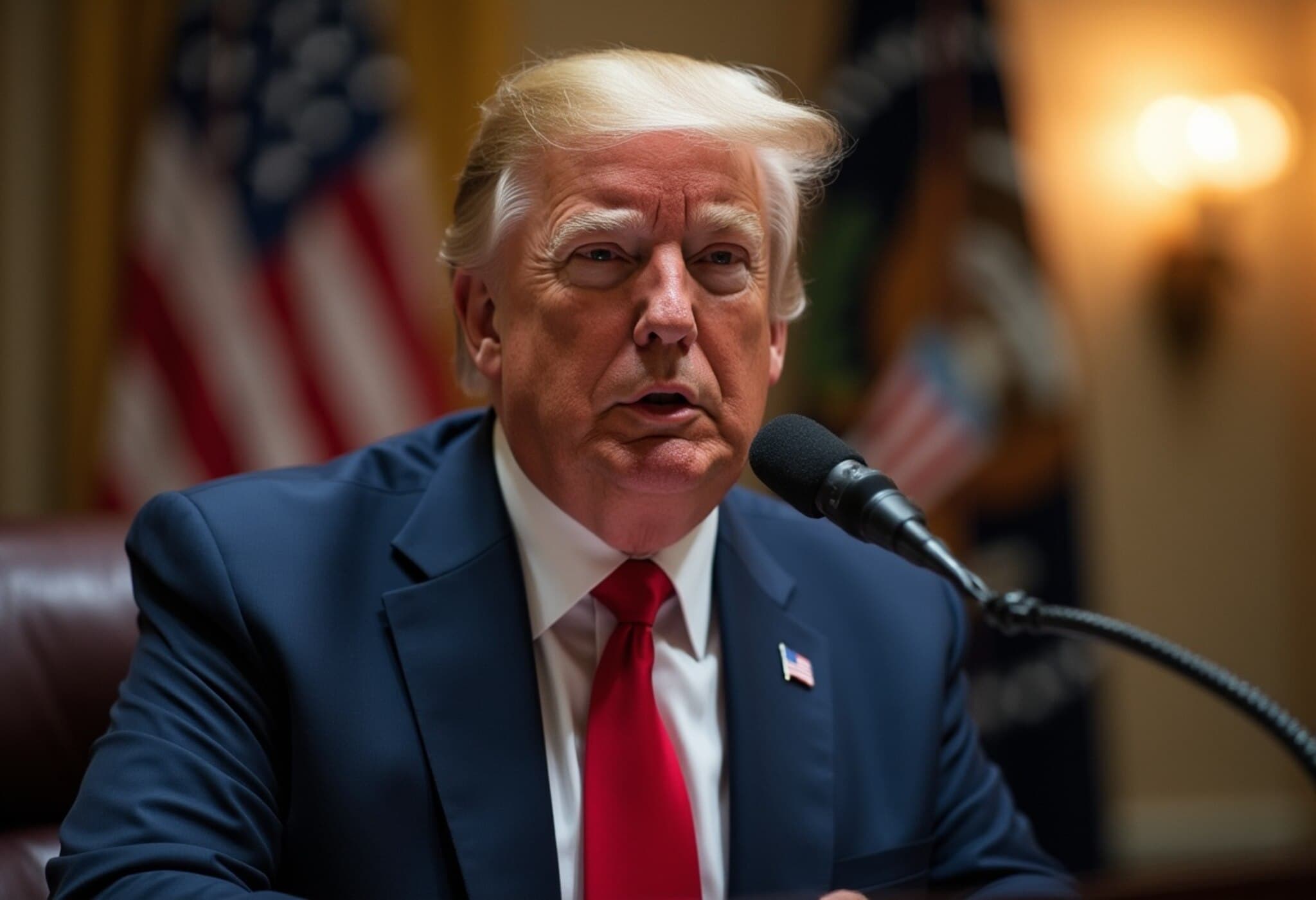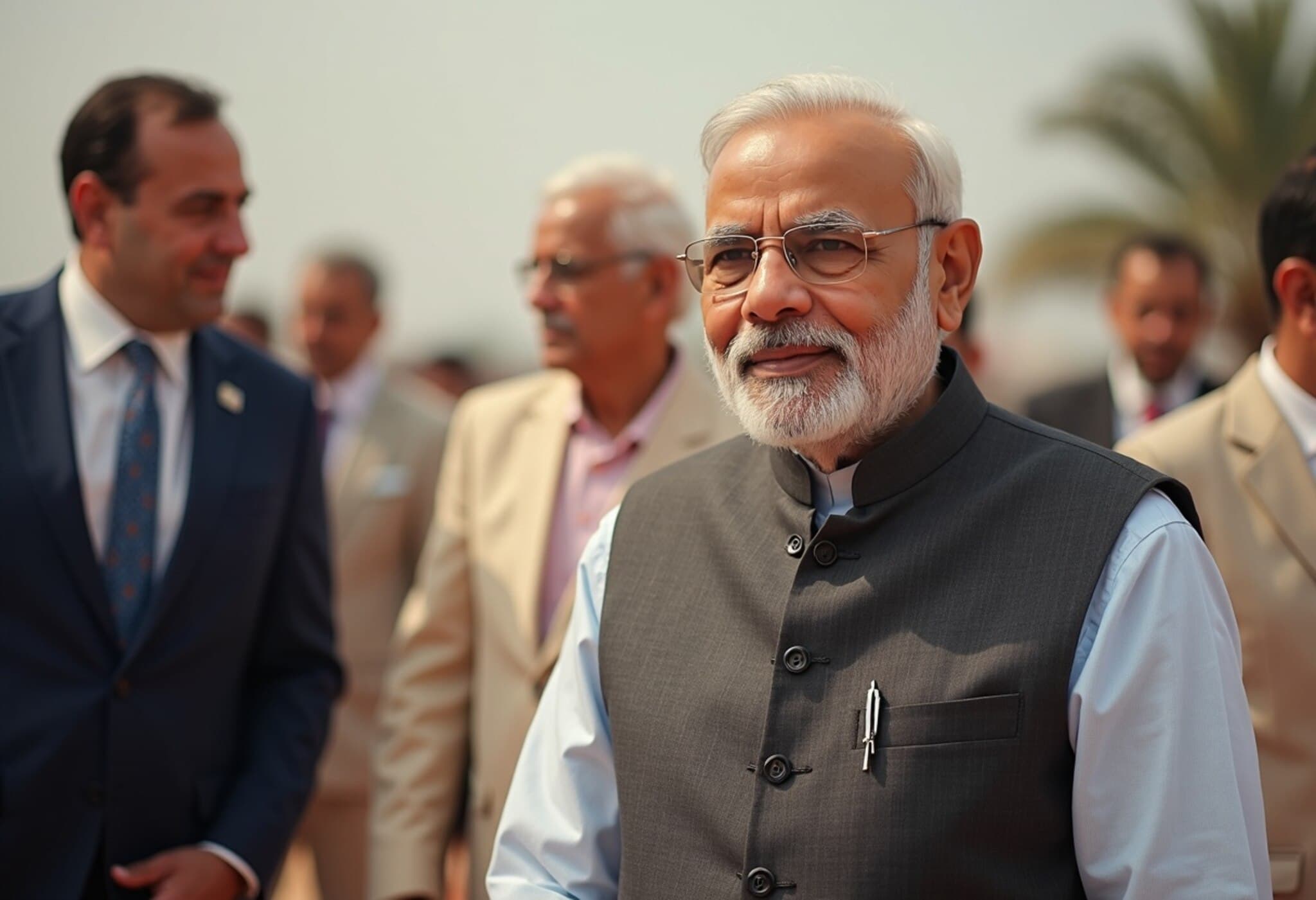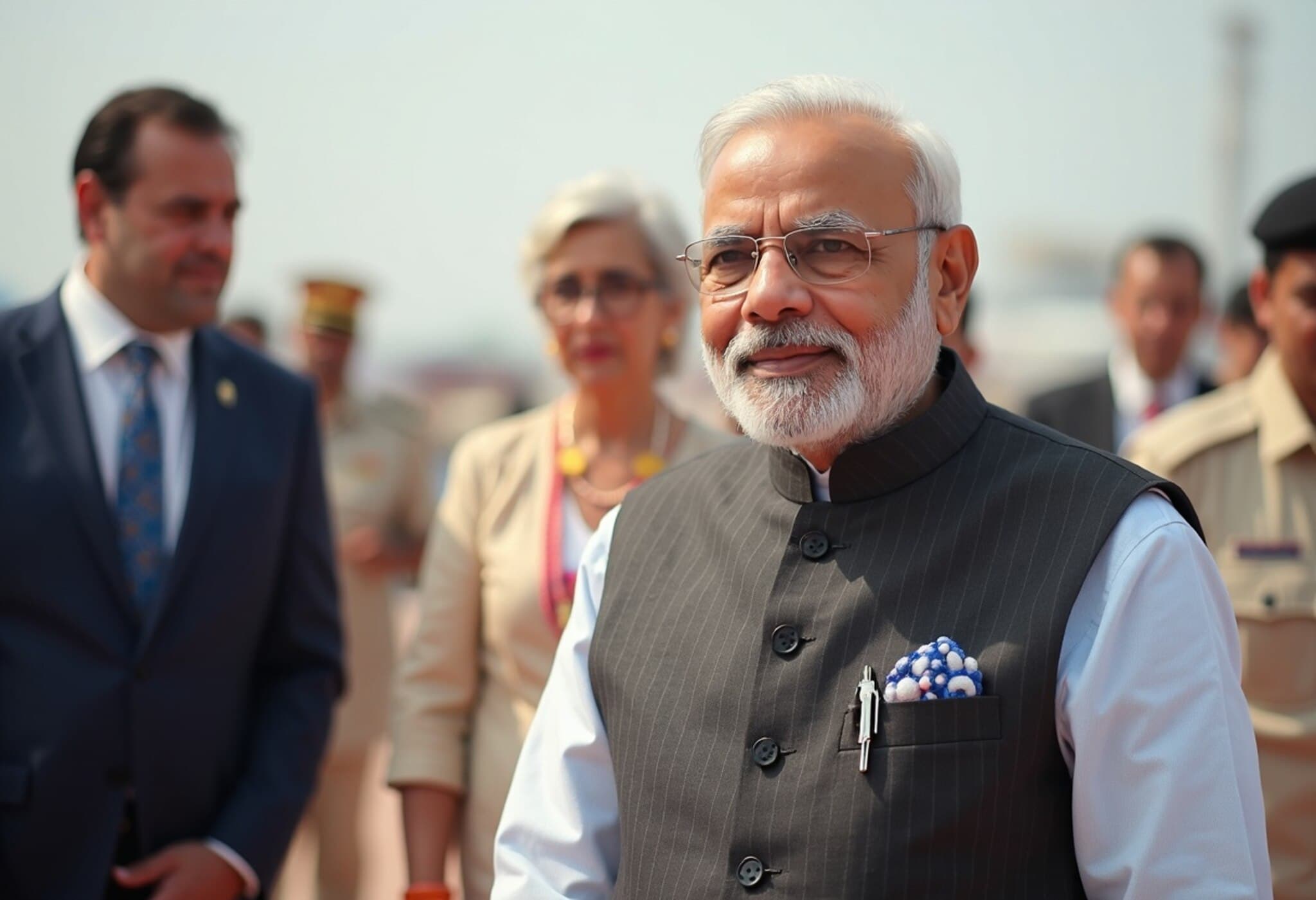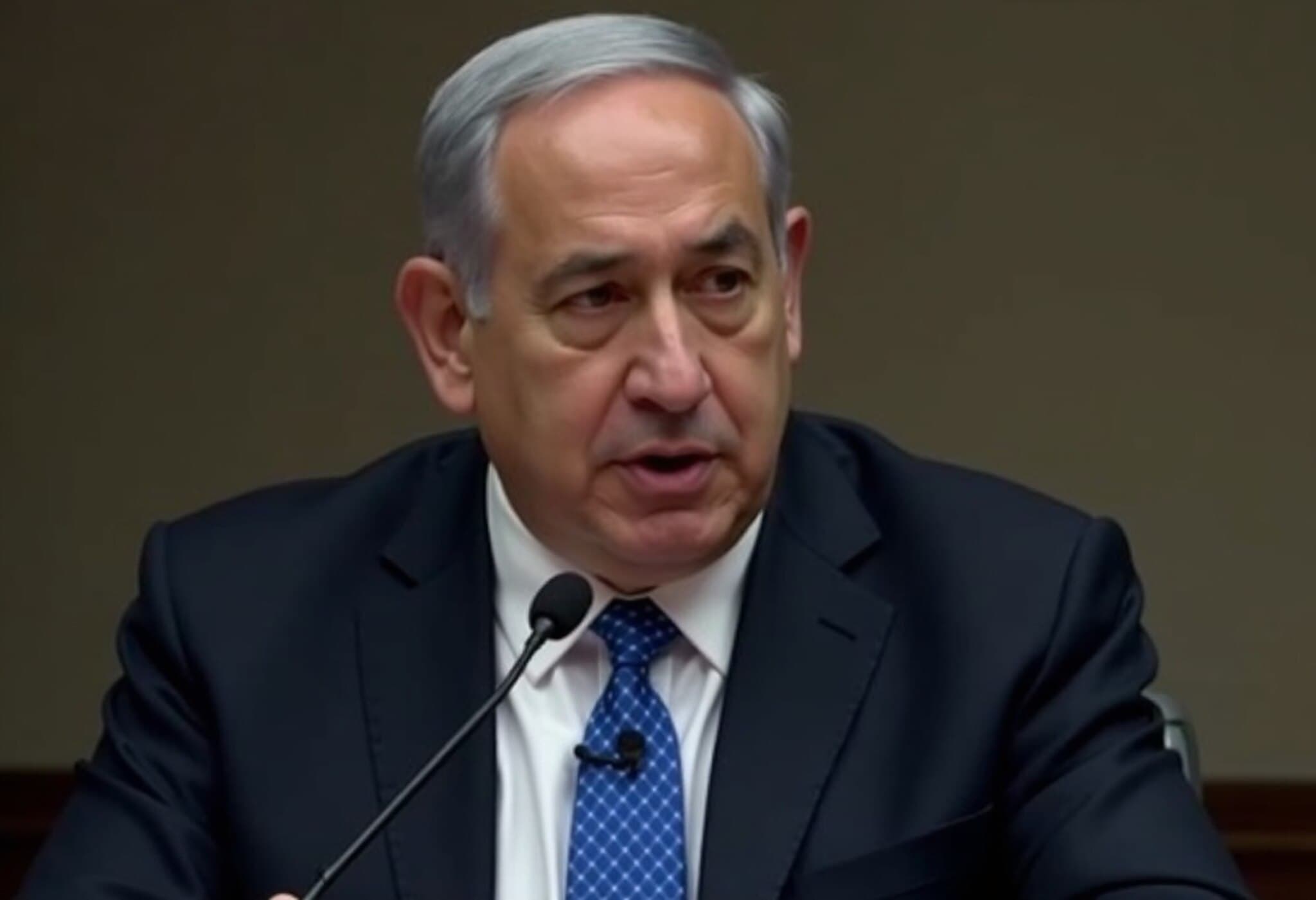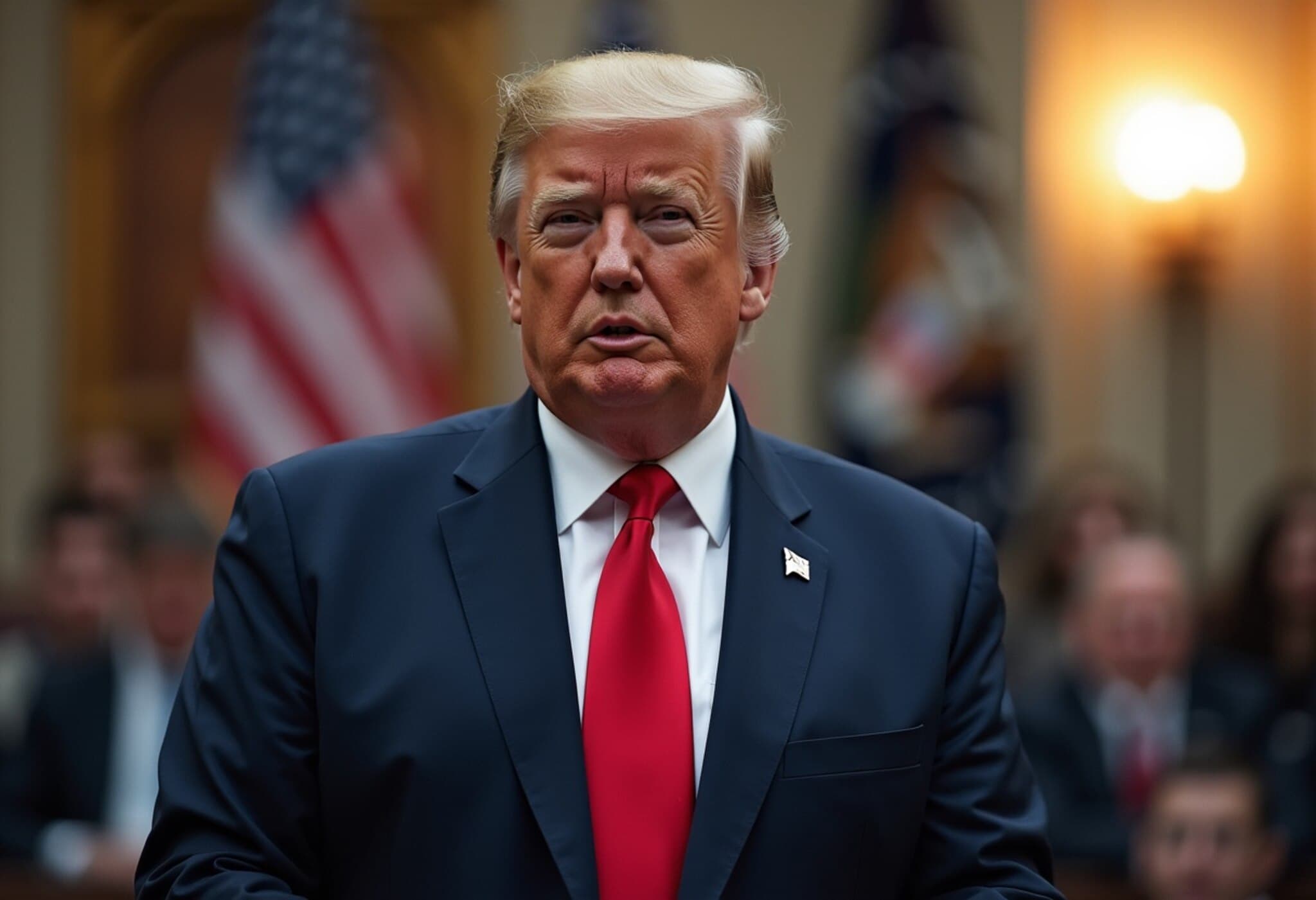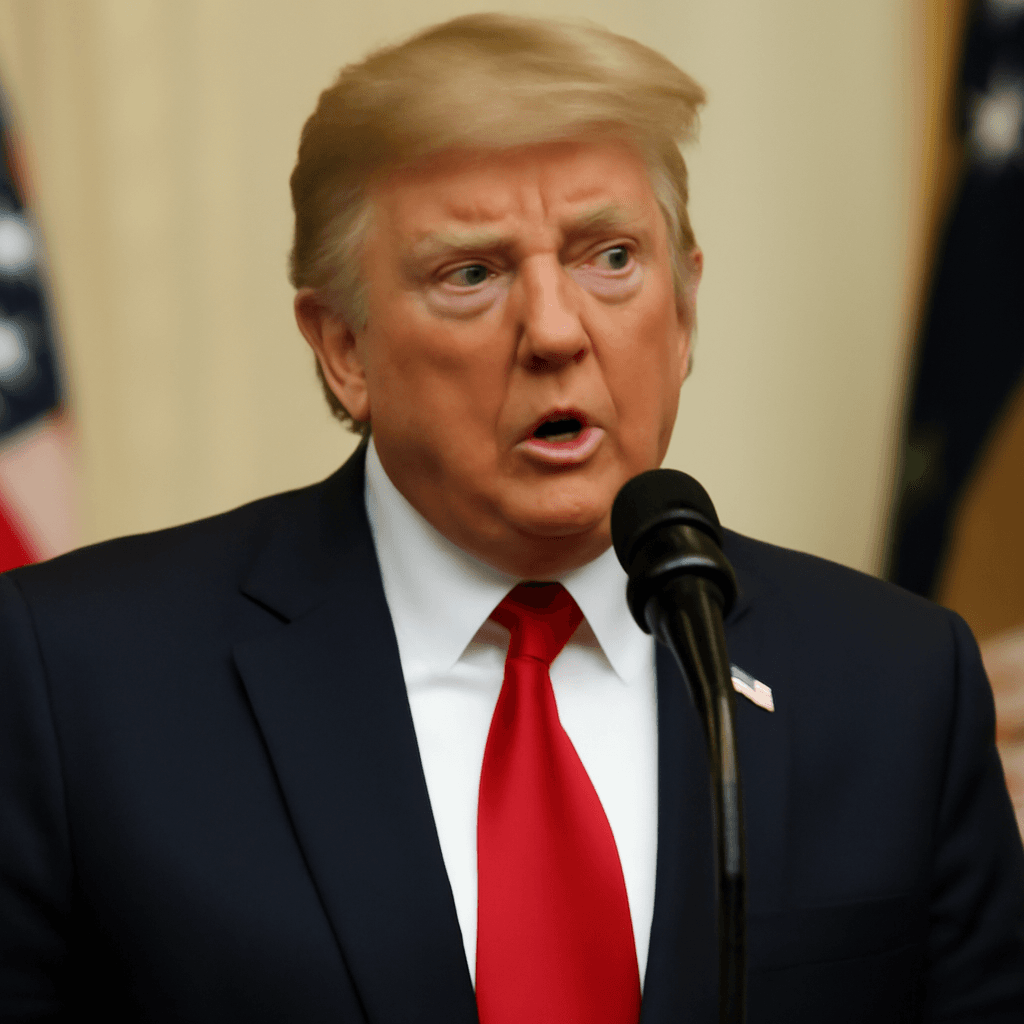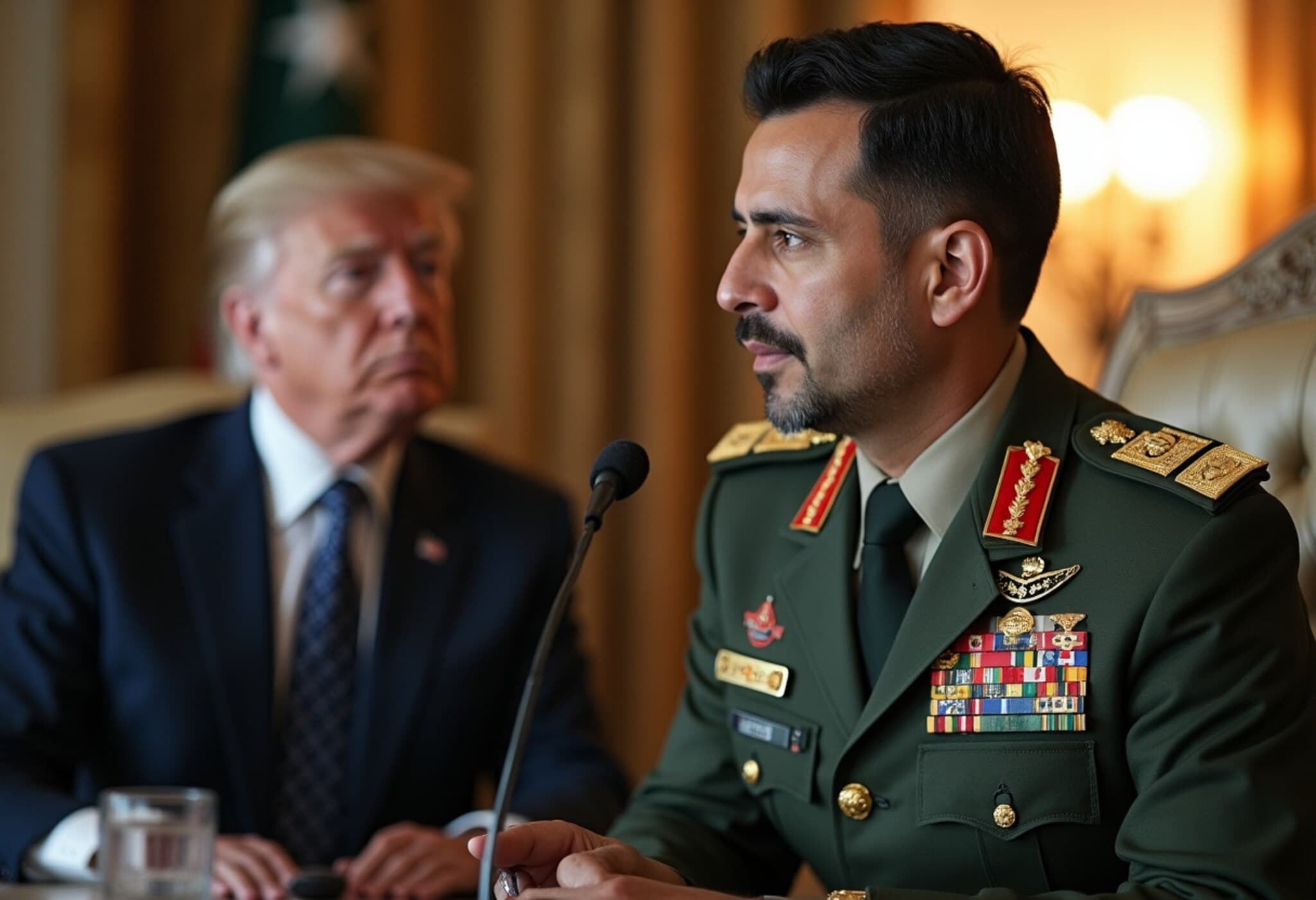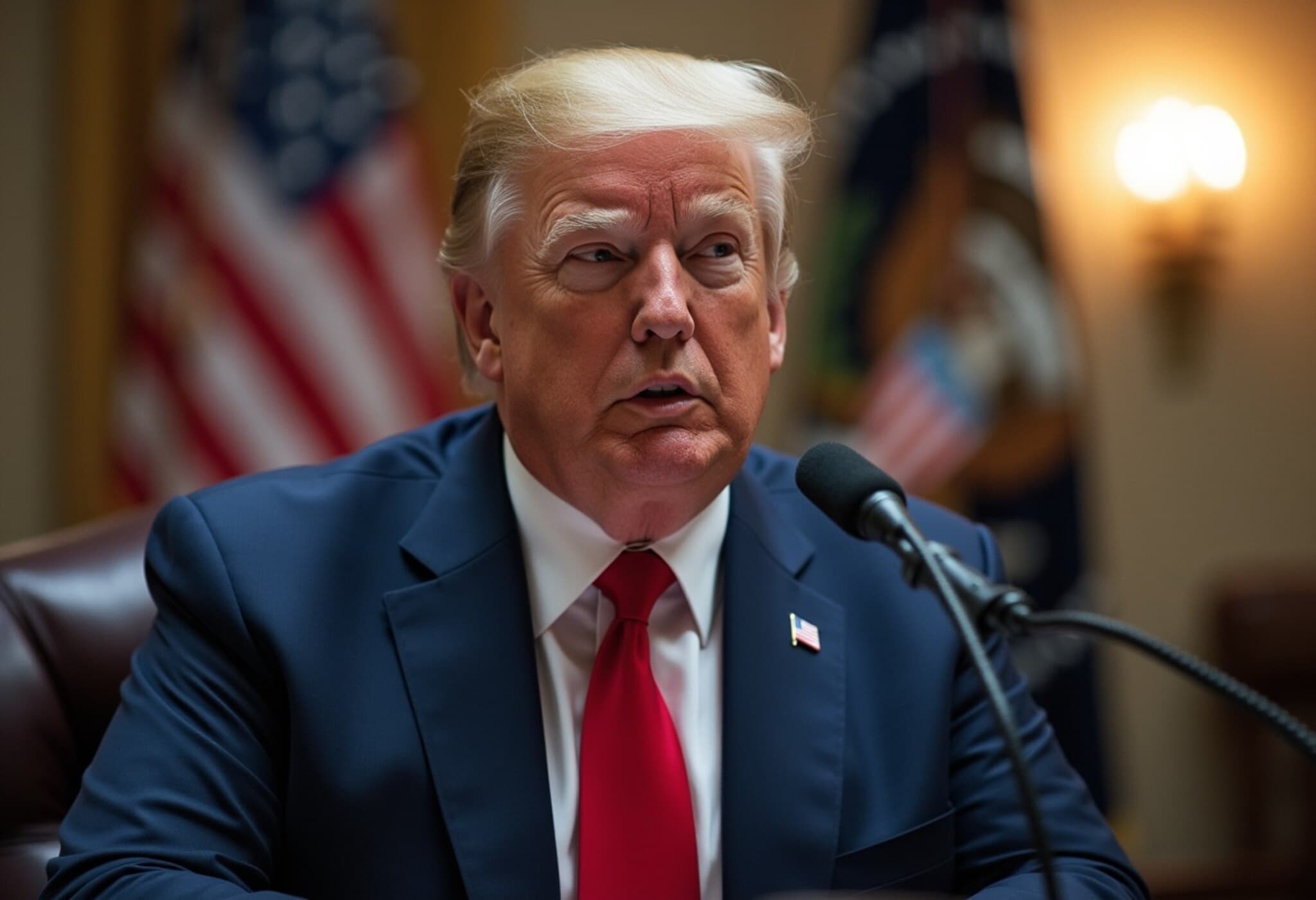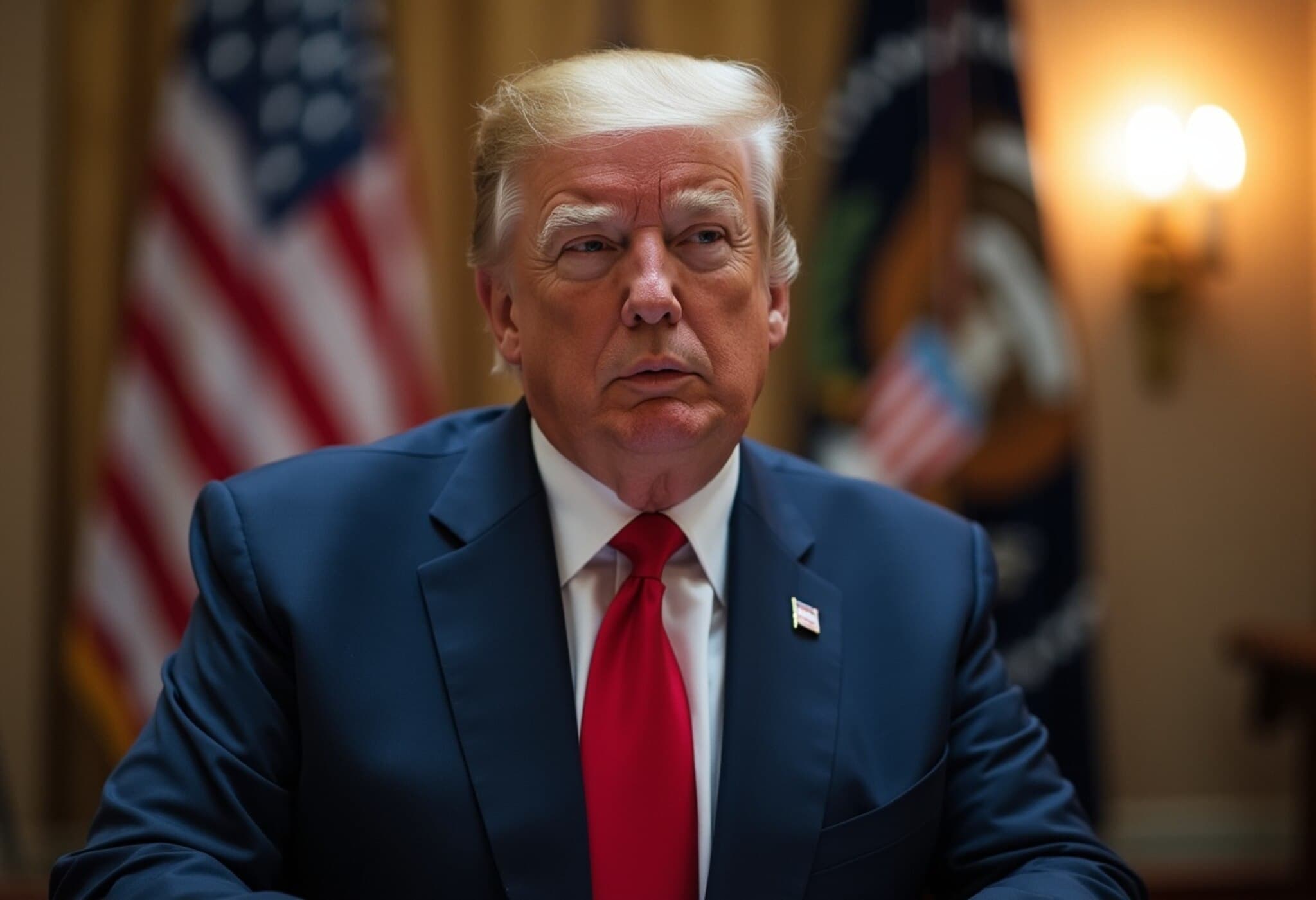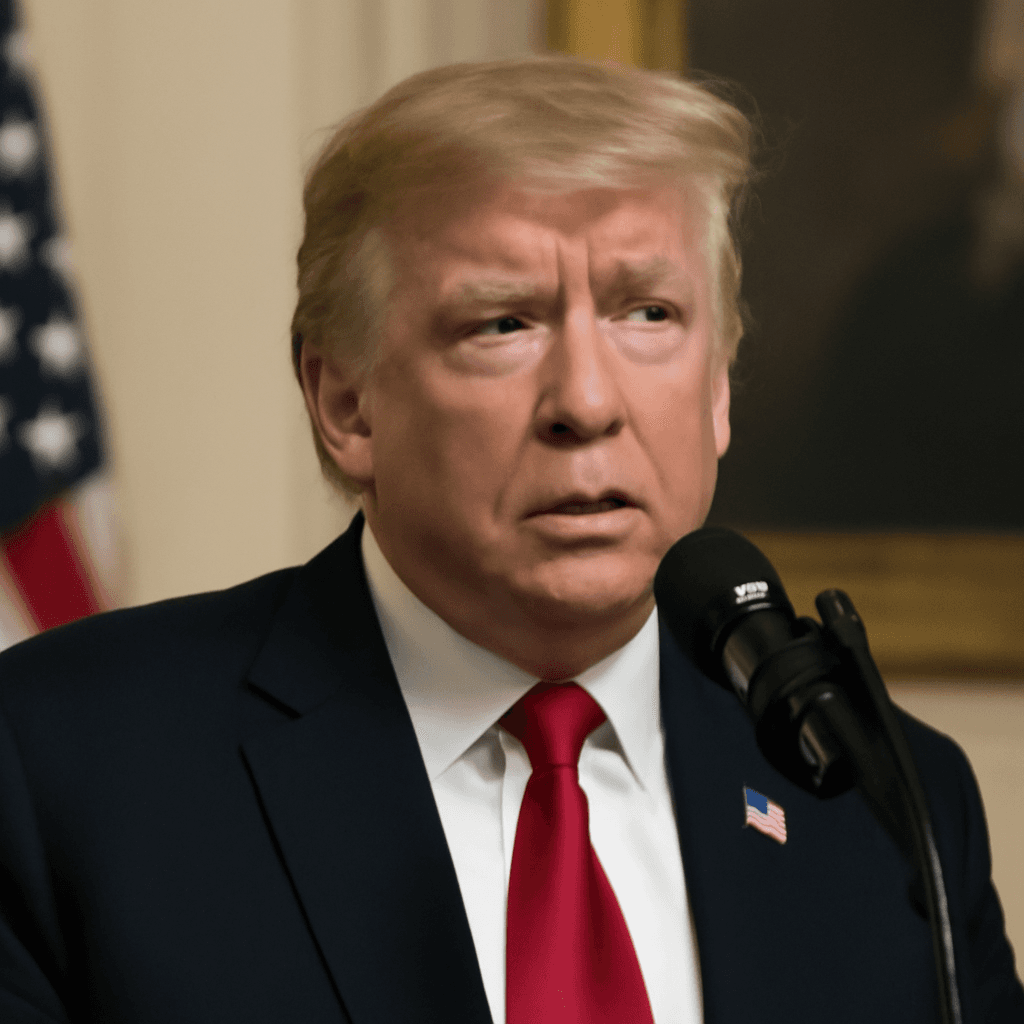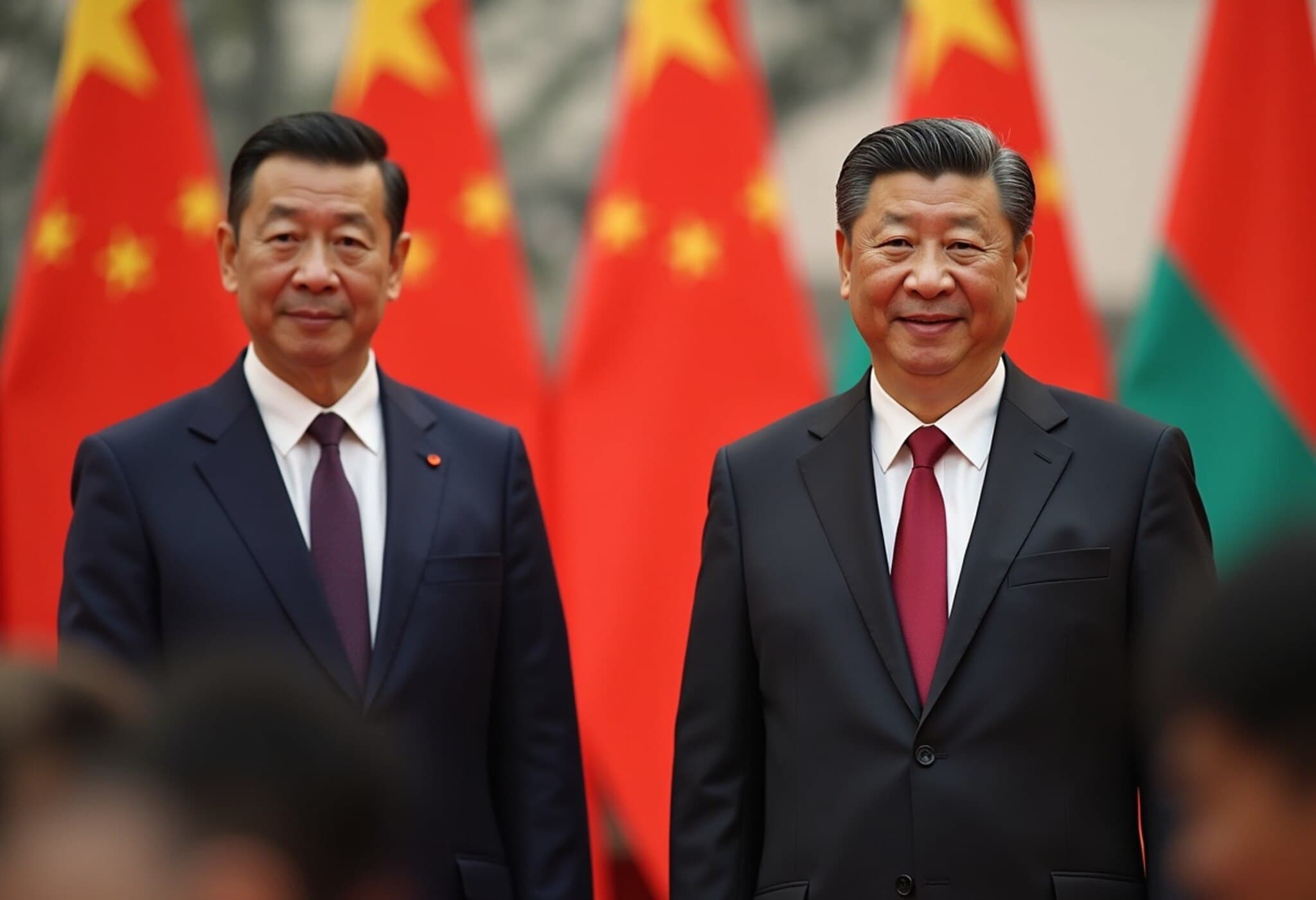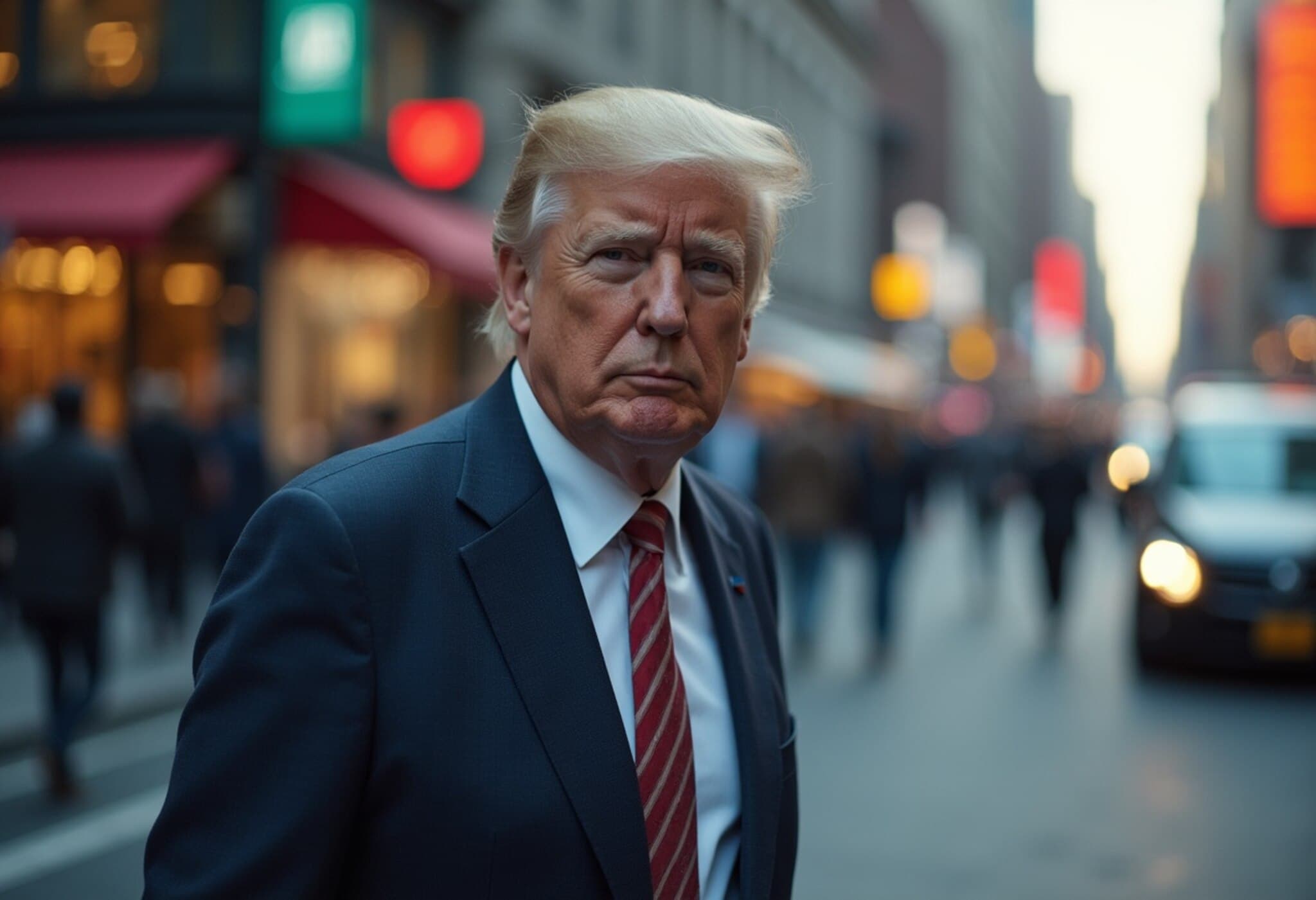Trump's Steadfast Message on Iran's Nuclear Ambitions
Throughout his political career, former President Donald Trump maintained an unwavering position on Iran's nuclear program: Iran must never obtain nuclear weapons. This conviction was echoed consistently, both during his presidency and on the campaign trail, underscoring the central role it played in his foreign policy stance.
A Persistent Warning Through the Years
From his earliest public statements to his final days in office, Trump repeatedly emphasized that a nuclear-armed Iran represents a grave danger — not only to the United States but globally. He voiced this concern at least 16 times while president and over 40 times throughout his campaign and prior public remarks.
Key Statements from His Presidency
- June 17, 2025: "Iran cannot have a nuclear weapon. It’s very simple — you don’t have to go too deep into it. They just can’t have a nuclear weapon."
- May 15, 2025: "I want them to succeed... but they can’t have a nuclear weapon."
- April 14, 2025: "Iran has to get rid of the concept of a nuclear weapon. They cannot have a nuclear weapon."
- February 10, 2025: "You cannot allow [Iran] to have a nuclear weapon."
These statements represent just a snapshot of Trump's repeated declarations, signaling a consistent and unchanging policy focus despite shifting geopolitical landscapes.
Campaign Trail and Earlier Remarks
Even before assuming office, Trump's commitment was clear. He made no fewer than 40 similar assertions predicting the dangers of an Iran with nuclear capability:
- November 3, 2024: "Iran can’t have a nuclear weapon. Nuclear weapons are the greatest single threat to our country, but to the entire world."
- August 27, 2024: "They can’t have a nuclear weapon. If they do, Israel is gone."
- June 20, 2024: "The main thing is Iran can’t have a nuclear weapon... It cannot have that nuclear capability."
- January 6, 2020: "IRAN WILL NEVER HAVE A NUCLEAR WEAPON!"
These remarks illustrate a firm stance that transcended election cycles and negotiations, repeatedly framing Iran’s nuclear ambitions as an existential threat.
Implications of Trump's Messaging
The persistence of Trump’s rhetoric highlighted the priority given to non-proliferation in his administration's Middle East policy. His emphasis on preventing the rise of a nuclear Iran resonated in various diplomatic engagements and influenced U.S. decisions on sanctions and negotiations.
Trump's declaration that Iran's nuclear capabilities cannot be tolerated often came alongside calls for Iran to cease supporting terrorism and end proxy conflicts in the region, outlining conditions he deemed necessary for any successful diplomatic deal.
Conclusion
Donald Trump’s repeated assertions that Iran must never acquire nuclear weapons shaped his foreign policy narrative from the campaign trail through his term in office. With over 50 public statements stressing this point, his messaging signaled a consistent, unyielding approach aimed at countering what he viewed as a critical threat to global security.

